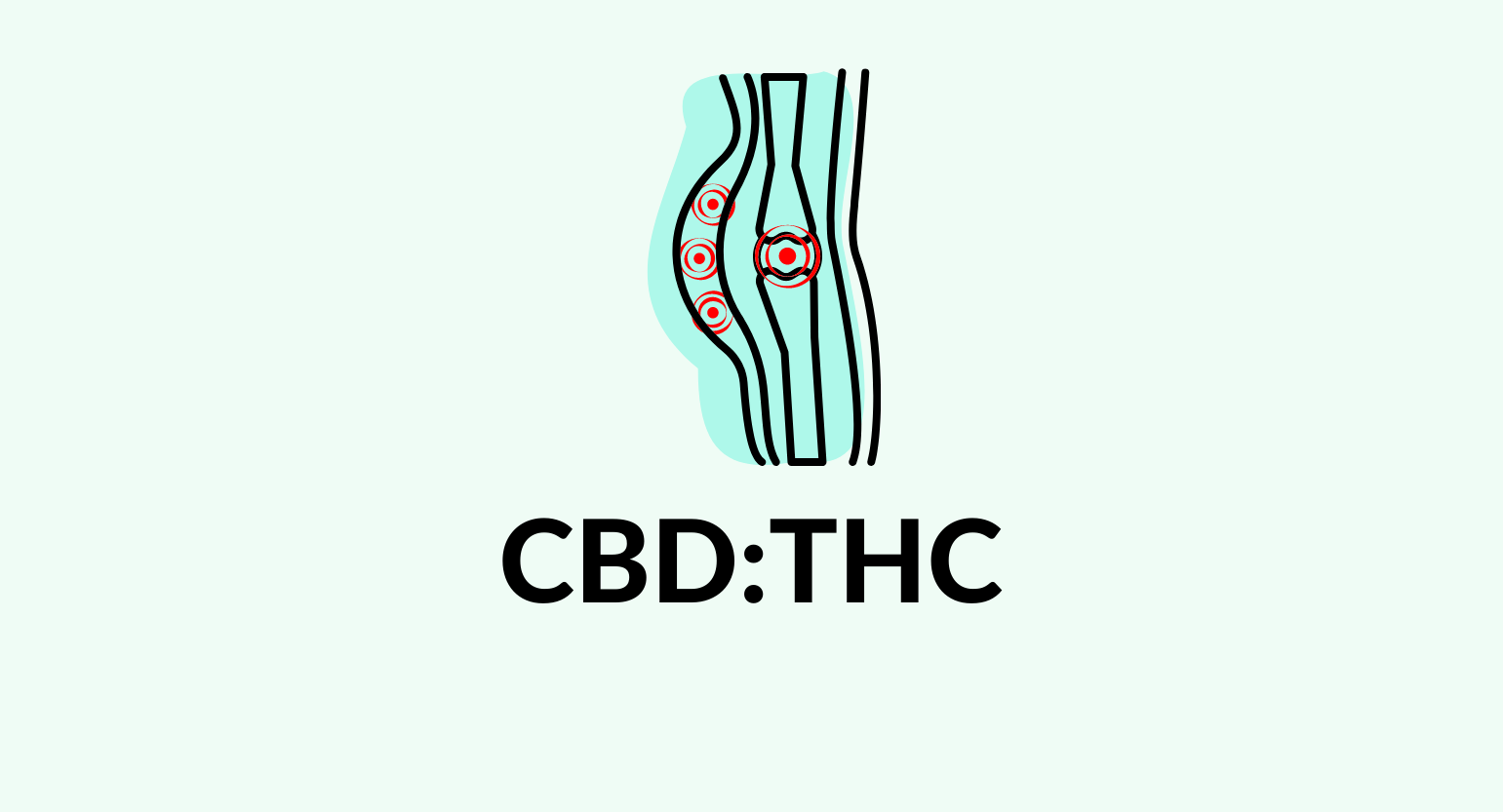
CBD wellness products might be an option for those in pain. CBD works in conjunction with your body's endocrinoid system to reduce stress levels and inflammation. CBD has been proven to be effective in pain management and anxiety disorders. However, if you are unsure whether it's right for you or not, consult your doctor.
Chronic pain is debilitating. It can also impact your quality-of-life. You might be unable work or to pursue hobbies. You might have to resort to medication if you don't have effective pain relief. CBD can be used to provide temporary relief from pain without side effects. Some preliminary research suggests that CBD could be effective in relieving anxiety symptoms.
CBD is known to reduce pain and improve sleep quality. Research has shown that CBD can improve your sleep quality and provide a greater level of pain relief. That's because CBD binds to receptors in your nervous system. This alters your circadian rhythm. It is responsible for controlling your sleep/wake cycle. CBD can lower cortisol levels which are naturally produced by the body. This will help you fall asleep faster.

There are various types of CBD products, so finding the best product for you can be challenging. You can choose from topicals, tinctures and capsules. Each product has its advantages and disadvantages. It is worth trying several different options before you make a decision. CBD products that are most commonly used are those made from hemp. They are free of psychoactive compounds so they are safe to use.
Taking CBD before bedtime can make it easier to get a good night's sleep. CBD products can be taken an hour before bed to reduce the likelihood of waking up during the night. CBD products don't make you sleepy or feel groggy, unlike traditional sleep aids.
Many people who try CBD to alleviate pain may also have insomnia. For those who have a hard time sleeping, using a CBD tincture, gummy, or other topical is a great way to help promote restful sleep. It is important to consult your doctor if you have insomnia.
Many CBD products are infused into capsules. These capsules can be taken as is or mixed with water. To consume CBD, you can simply squirt some under your tongue for between 30-60 seconds. Do this with an empty stomach.

Some CBD products are also made into a powder, which can be added to your bathwater. You can buy flavored and unflavored packs of CBD powder. Caliper offers a wide range of bath products including powder and balm versions.
FAQ
Can I use CBD during pregnancy?
There isn’t enough research available to confirm that CBD is safe to be used during pregnancy.
But based on the limited amount of information available, it appears unlikely that CBD would cause harm to the baby.
It's important to note that CBD should not be taken by pregnant women unless recommended by their doctor.
The Food and Drug Administration published a warning about potential health risks when CBD is taken while pregnant.
FDA says there is evidence that cannabis usage during pregnancy can increase miscarriage risk.
The agency added that more research is needed before a firm conclusion can be drawn.
How can companies successfully market CBD products in a regulation-compliant manner?
The FDA does NOT regulate hemp as an agriculture commodity. The Controlled Substances Act regulates other cannabis derivatives (e.g. pot). CBD has yet to be subject to specific regulations.
CBD is legal in 29 states. Federal law, however, still considers it illegal. This uncertainty creates uncertainty for CBD product sellers.
The FDA also sets strict guidelines about how CBD products are promoted. THC content must be clearly disclosed. Without supporting scientific evidence, CBD cannot be claimed to treat certain medical conditions.
Additional information is required by the FDA regarding manufacturers' manufacturing practices, quality control measures, and other details. Companies are also required to participate in clinical trials in order to demonstrate safety and efficacy.
These are important considerations for companies when creating their marketing strategies.
What is the future in CBD?
The future is bright for the CBD industry. It's easy to see why so many people are jumping on board with this sector. This market is expanding exponentially with CBD products being purchased globally at a total of $1 billion.
Statista predicts that global sales of cannabidiol in 2019 will reach $22.4 million. This is almost 200% more than 2018!
The CBD market is also forecast to grow at 22.5% compound annual growth rate, which would result in nearly $6.8B in revenue by 2022.
This is great news, both for new companies and those that are already active in the industry. We must remember that the CBD market still has a lot of work ahead.
Is the CBD market saturated?
CBD industry is growing at over 25% per annum. This growth rate is expected to continue at least for five more years. In fact, the industry is expected grow from $2Billion today and $5Billion by 2020.
The CBD market is currently dominated by two companies - GW Pharmaceuticals and Canndoc Ltd. Both companies focus on developing high-quality pharmaceutical-grade products. However, they have not been very successful thus far. Both are struggling in the marketplace to gain traction.
Cannabidiol or CBD is a form of cannabis extract with less than 0.3% HHC. It has no psychoactive effects. It is used to treat epilepsy and other conditions. It is also used to supplement a diet.
There are many types of CBD products. Some CBD products are made from whole plant extracts while others contain CBD.
These products all have one thing in common: they contain low amounts of THC.
They are thus legal under US federal legislation. However, this doesn't mean that you don't need to follow local laws when selling CBD products. It is important to check the regulations in your state for CBD products.
There are also several states that CBD products are prohibited. These states include California, Colorado and Mississippi, Missouri. New York, North Carolina. Ohio. Oklahoma. Oregon. Rhode Island. South Dakota. Texas. Utah. Virginia. Washington.
CBD products are not recommended for people who live in these states.
Which CBD products are most popular?
CBD products are becoming increasingly popular. They are used for pain relief and anxiety. The market is huge and growing fast.
But what do people buy CBD for? And what does it mean for you, as a brand owner?
Statista says CBD products are popular for their relaxing properties. They can also be used to treat inflammation.
This means that products with both CBD or THC can be sold both for recreational and medicinal purposes.
But what about brands who are focused on one purpose only? For example, if a company sells CBD for stress relief, then it won't have much competition.
Furthermore, a brand who focuses on CBD-based medical uses will be able to attract a lot of customers.
But, if a brand is looking to target recreational users they will need to develop a unique selling position (USP). A USP is basically a feature or benefit that sets a brand apart from competitors.
For example, certain brands offer free shipping. Others offer discounts for bulk orders.
What are some of the common mistakes that companies make when entering America's cannabinoid market
The first mistake is not understanding what the regulations are for cannabis products. This could be a sign that your product formulation needs to be changed.
The second mistake is not knowing how to properly label your product. You must know whether your product contains CBD, THC, or both.
Thirdly, you should understand how to package your product correctly. If your product contains THC, you need to ensure it is packed in child-resistant containers.
You can still use all the packaging laws even if your product contains no THC. Many states have legalized cannabidiol (CBD).
You should also keep track of recalls that may have occurred with your products. Customers should be notified as soon as possible if there are any issues with their product.
Is CBD a good idea to invest in?
The market for hemp-based products continues to grow as people become increasingly aware of their benefits. By 2022, the market for hemp-based products will reach $1 billion.
The market is expected to continue growing at over 20% per year until 2020 when it reaches $2.5billion.
Hemp oil has been used in many beauty products and health care products including creams, lotions.
A number of companies produce CBD-infused beverages, pet foods, dog treats, snacks, and other food items.
CBD is legal in all 50 states. However, this could change very soon. More research into CBD's potential uses will be done, which will make it easier for businesses and law enforcement to do business legally.
These are just a few of the many reasons CBD investment can be lucrative.
Statistics
- The inhibition of FAAH is predicted to lead to an increase in brain and plasma concentrations of AEA, which acts as a partial agonist at CB1R and CB2R, thereby increasing endocannabinoid tone [92, 110]. (ncbi.nlm.nih.gov)
- A recent systematic review of human trials also reported that individuals with epilepsy receiving CBD (5–20 mg·kg−1·day−1) were more likely to experience decreased appetite than those receiving placebo (i.e., ~20 vs. 5% of patients) (ncbi.nlm.nih.gov)
- The use of these products is likely to become even more widespread if the World Health Organization's recommendation that CBD no longer is scheduled in the international drug control conventions is adopted by the United Nations member states [201]. (ncbi.nlm.nih.gov)
- HR −16 mmHg; 95% CI −26, −6; I2 = 92%) (ncbi.nlm.nih.gov)
- OralWhere HED is the human equivalent dose, and Km is a correction factor estimated by dividing the average body mass (BM) of the species (60, 0.020, and 0.150 kg for 11 humans, mice, and rats, respectively) and by its surface area (see: Nair et al. (ncbi.nlm.nih.gov)
External Links
How To
What are the common issues in the CBD industry?
The current market for CBD-based products is expanding at a phenomenal rate. However, this market is still full of challenges for businesses that want to expand. These include a lack of consumer awareness, high cost of entry, limited access to capital, and regulatory uncertainty.
Many people are not aware of what CBD is, or how it functions. This means that they cannot make informed decisions about whether or not to buy CBD products.
Many CBD companies depend heavily on word of mouth marketing. This can be costly as it involves advertising and staffing to promote the brand.
Another issue for new entrants is the high cost production. CBD products require a lot of raw materials. CBD oil is made from hemp that has been grown in particular climates.
Growing enough hemp to make CBD oil takes around $1,000 per acre. This means that many small farmers cannot afford the cost of starting.
A lack of capital access is another issue that new entrants will face in the CBD marketplace. Banks are often discouraged from helping people start businesses because of the stigma that surrounds the industry.
Final, there are regulatory uncertainties surrounding the sale CBD products. There are currently not clear guidelines as to how CBD products should marketing.
Although some states have passed legislation restricting CBD product sales, this has not become a national policy.
Only Nevada, Maine, and Nevada have legalized recreational pot.
Massachusetts and Michigan, however, are exploring similar options.
These changes could cause increased competition among CBD manufacturers.
Many entrepreneurs prefer to work at home over starting a business.